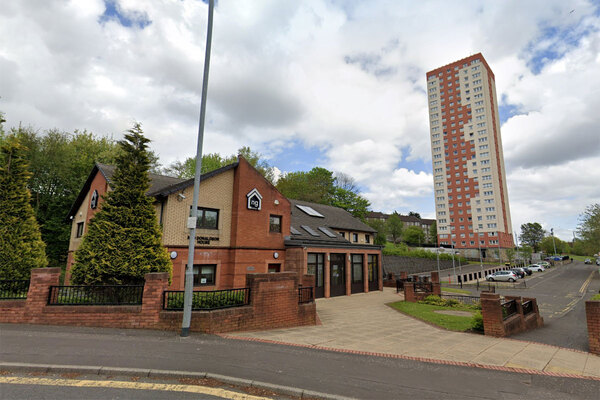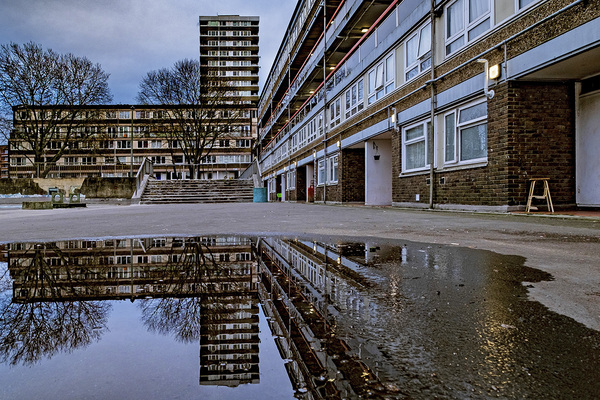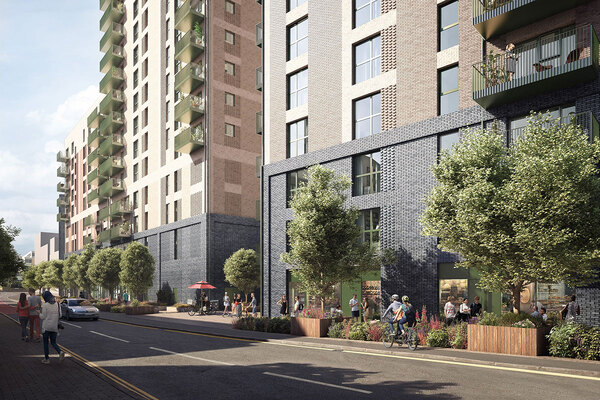You are viewing 1 of your 1 free articles
Challenging the housing orthodoxy
The challenges emerging from, or accelerated by, COVID-19 require innovation on a scale never seen before across the housing sector. It is time to accelerate collaborations between housing associations, communities, thinktanks and start-ups – and start questioning what you believe to be true about your product, writes Paul Taylor
We are living through an era of intense turbulence and disillusionment. Even before COVID-19 we were faced with circumstances which the scholar and critic Ziauddin Sardar has described as uncertain, rapidly changing and chaotic.
He describes this as a period where the old orthodoxies are dying, but new ones have yet to be born, and very few things seem to make sense. In a word, the postnormal.
In any period of uncertainty, never mind a public health crisis and economic downturn of this scale, a company’s inclination can be to buckle down and focus solely on maintaining business as usual.
We have seen some great examples of innovation and collaborative working across the sector. Just days after the virus was declared a pandemic, many companies managed to get upwards of 90% of people working remotely. Jobs that we never imagined could be performed remotely – jobs which people were told couldn’t be performed remotely – suddenly and successfully were handled from home.
Let’s not pat ourselves on the back too hard, though. The Bank of England has forecast that the coronavirus crisis will push the UK economy into its deepest recession in 300 years. You can add to that a rapidly ageing population, the increasing automation of jobs, a creaking welfare state and the challenges of achieving net zero. Even one of those trends would hit our communities hard – add them together and the picture can look decidedly apocalyptic. Perhaps hangovers are a daily part of the new normal.
So, how many housing associations are looking at investing more in community driven innovation than they were pre-COVID? I’m betting: not many.
There cannot be a housing association board in the country which is not looking to cut costs right now. Offices stand empty, sales programmes have been hit hard and the medium-term outlook is problematic at best. Investment programmes deemed high risk and low return will be the first to be shelved as all efforts go into securing the bottom line.
We have to accept that we will all have to contend with increasingly limited resources – but conducted in the right way innovation can thrive under such constraints.
The challenges emerging from, or accelerated by, COVID-19 require innovation on a scale never seen before across the housing sector. This demands that we overcome organisational and sector boundaries and join forces. The big challenge for the sector will be putting aside any organisational ego and working in new partnerships. We need to be open to sharing each other’s resources, linking expertise in areas where one can complement another.
In reality, this requires a significant behaviour change – we need to move away from gathering personal career plaudits or seeking awards. The nature of the challenges we face – let’s use climate change by way of example – are not problems that can be solved by individual organisations. They require innovation at scale by hundreds of partners if we are even to make a dent in the problem.
I’d suggest that the sector has been slow to form partnerships of this nature in the past. However, there’s a window of opportunity here that may last for as long as 12 months.
COVID-19 has, perhaps temporarily, removed many of the normal barriers to innovation, and sped up regulatory approval, access to funding, and internal decision-making.
So now is the time to accelerate much tighter collaborations between housing associations, communities, thinktanks and start-ups. Many of these start-ups are already bringing ideas and solutions to the table and are unhindered by legacy business models or thinking.
Research has shown that strong innovators are more likely to embrace ideas from external sources and partnerships. Yet only a few companies have built a mature open-innovation competency. There are many reasons for this, ranging from a fear of sharing intellectual property, to perceived regulatory hurdles such as data privacy, to an outright disbelief that external collaboration is needed.
Stepping back and questioning what you believe to be true about your product, business model and customers can prompt innovation.
Orthodoxies are widely held and unchallenged assumptions that often start as truths at a certain point in time but aren’t revisited or challenged as realities change. COVID-19 has changed our reality and normal no longer applies.
But then, normal was the problem in the first place.
Paul Taylor, innovation coach, Bromford










